Your jargon-busting climate glossary.


Your jargon-busting climate glossary.

‘Climate reparations are absolutely essential. It is not about voluntary contributions anymore.’
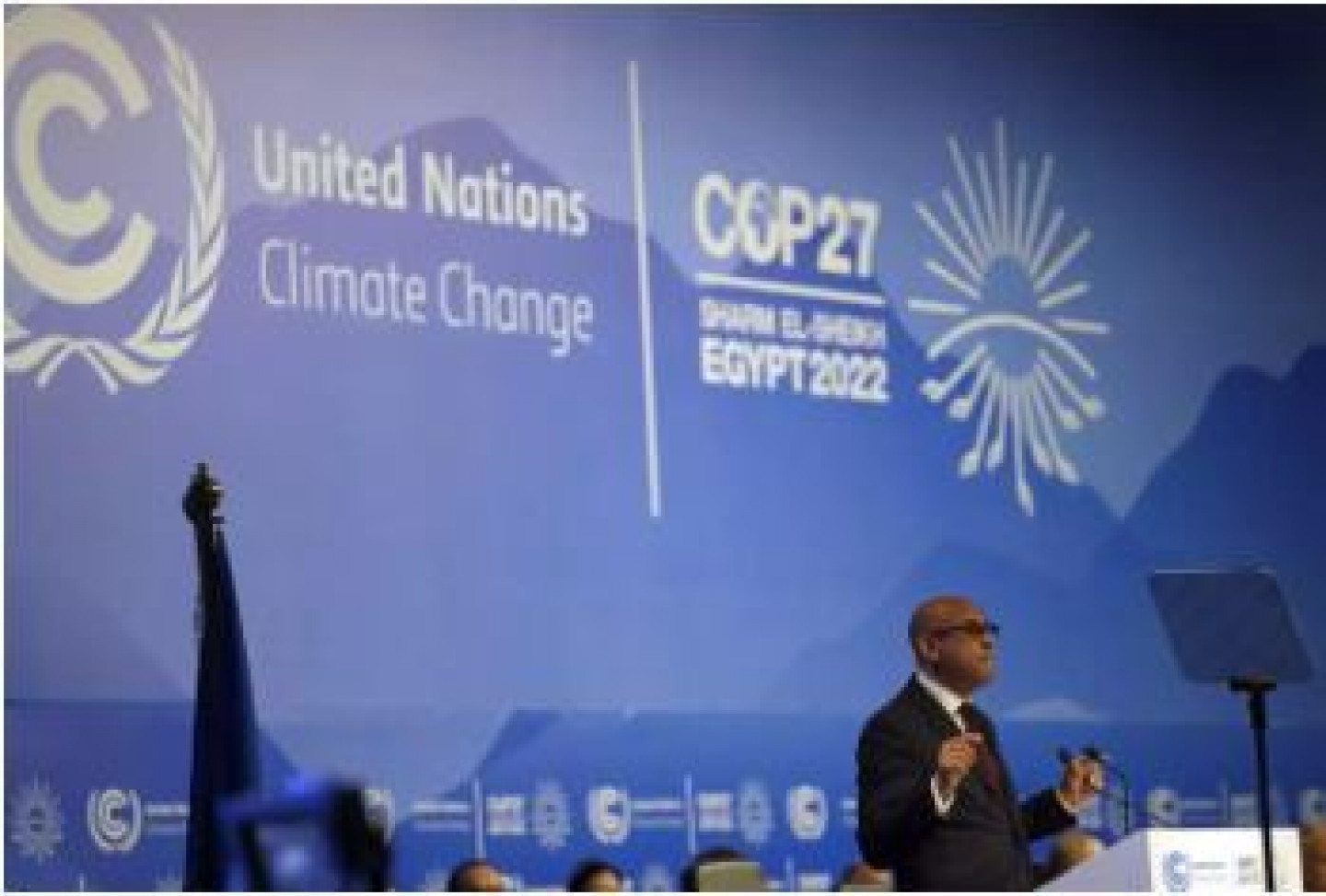
The WHO said, "our health depends on the health of the ecosystems that surround us, and these ecosystems are now under threat from deforestation, agriculture and other changes in land use and rapid urban development."

A record number of outbreaks have been reported after droughts, floods and wars have forced large numbers of people to live in unsanitary conditions.

Native American tribes are competing for the first federal grants designed to help move communities away from high water and other dangers posed by climate change.
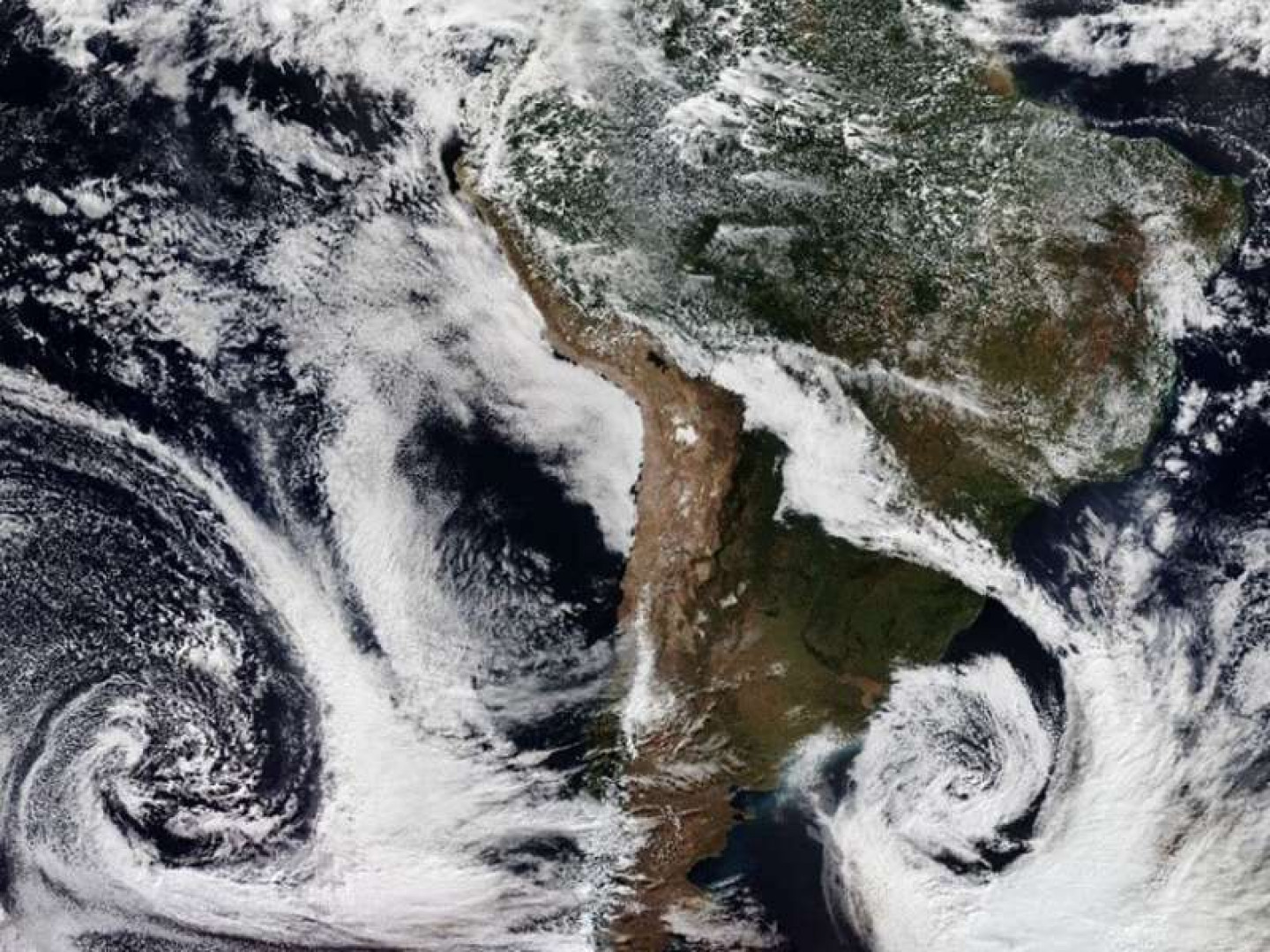
Wealthy nations must step up support for Africa and vulnerable countries in addressing past, present, and future impacts of climate change. The 2022 report of the Intergovernmental Panel on Climate Change paints a dark picture of the future of life on earth, characterised by ecosystem collapse, species extinction, and climate hazards such as heatwaves and floods.
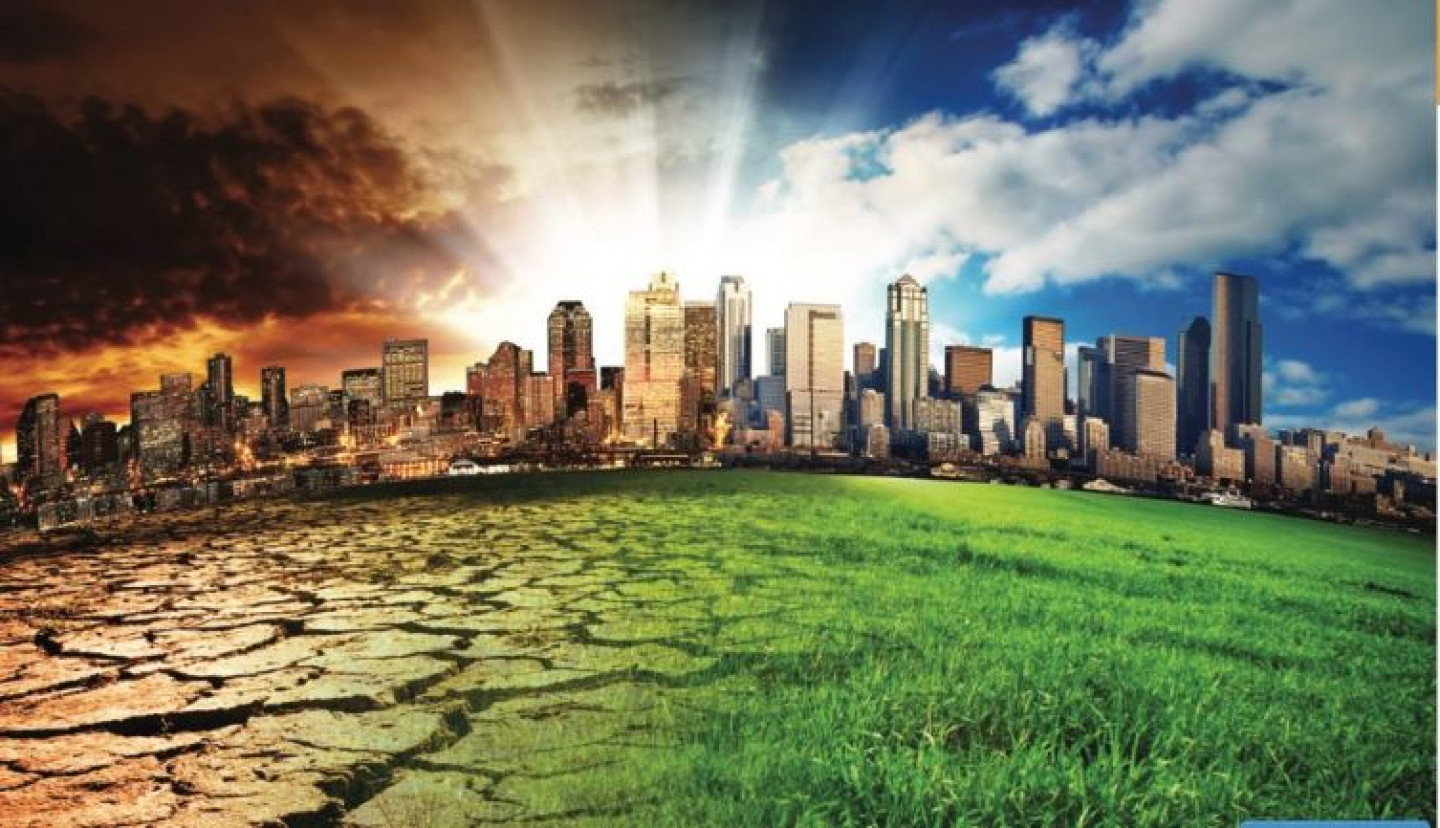
On June 24, 1988, The New York Times reported with an A1 headline: “Global warming has begun.”
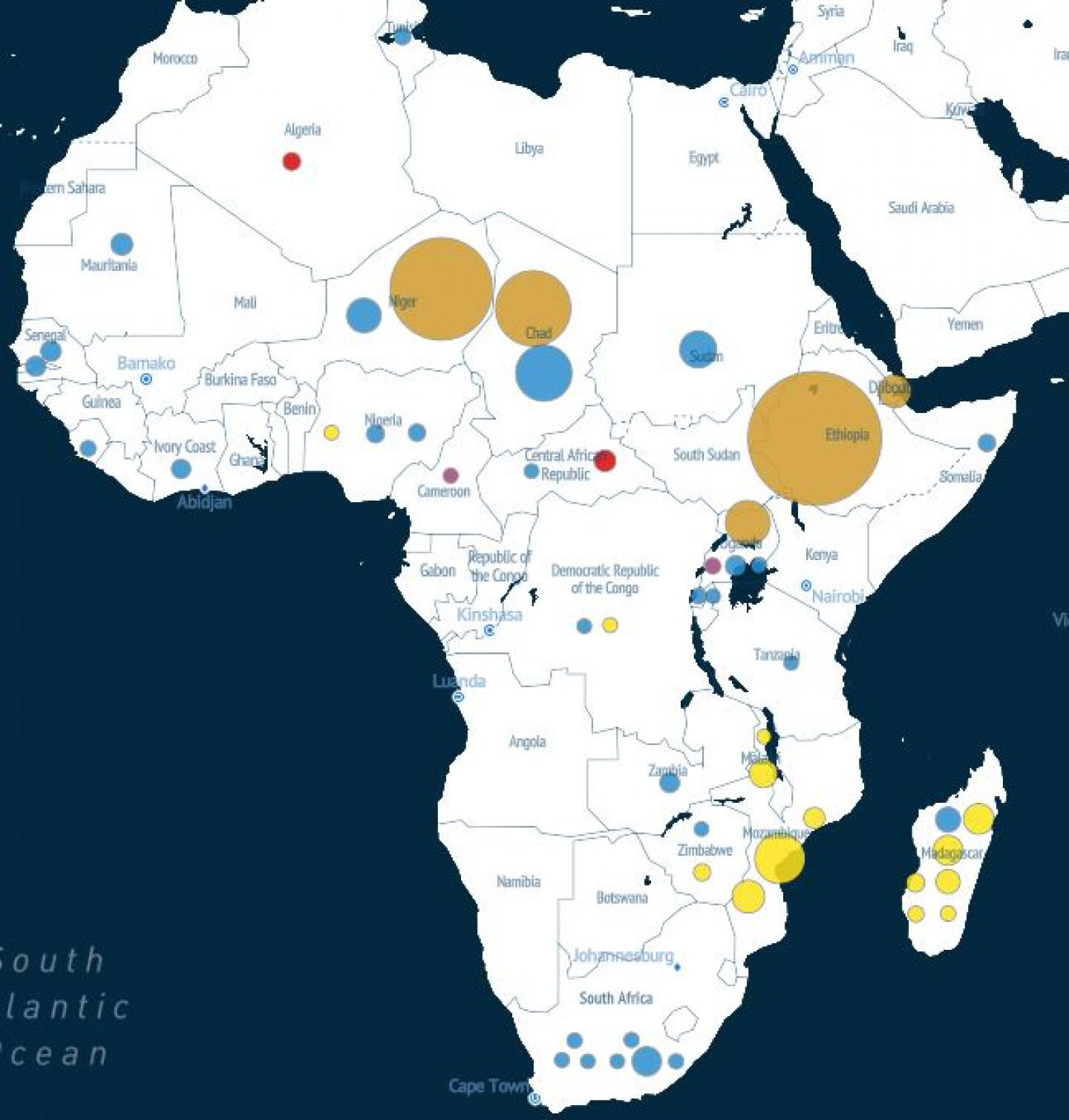
From deadly floods in Nigeria to devastating drought in Somalia, Africa has faced a run of severe – and sometimes unprecedented – extreme weather events since the start of 2022.

You can never really see the future, only imagine it, then try to make sense of the new world when it arrives.
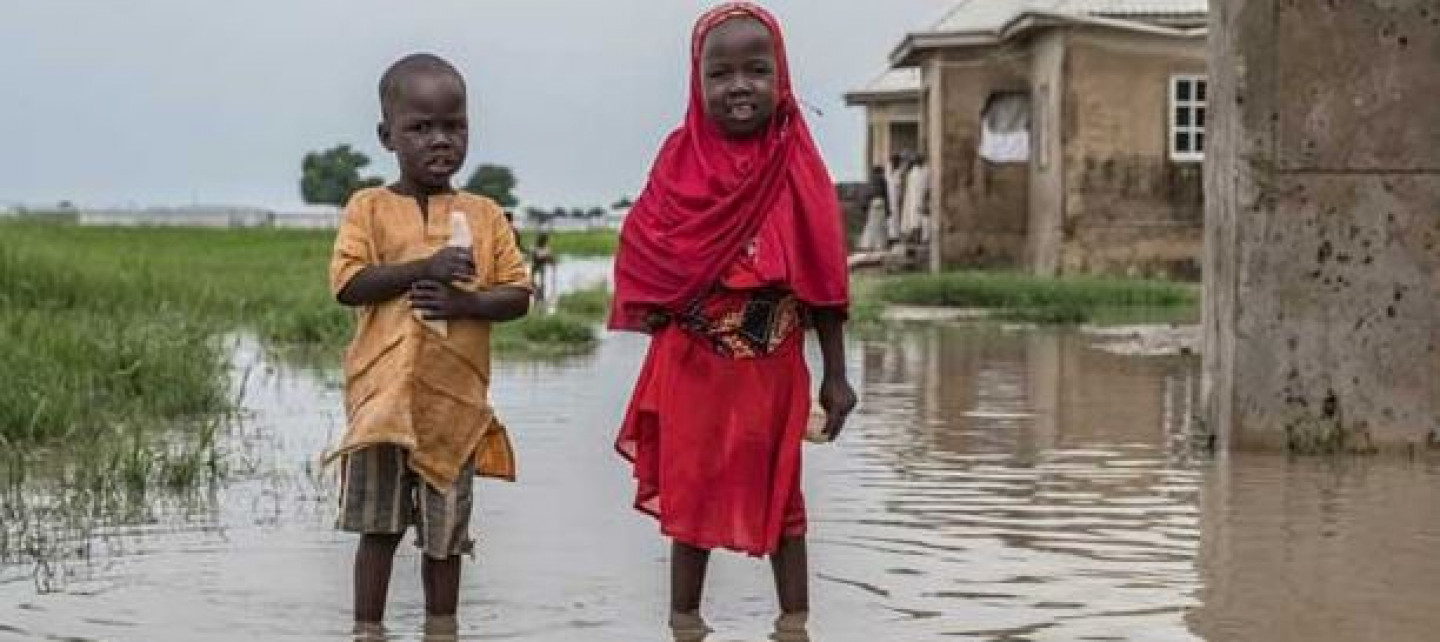
In temperate zones lie most of the world’s richest countries, which have also been up till now the world’s major breadbaskets, in meeting international grain, oilseed and livestock product needs.